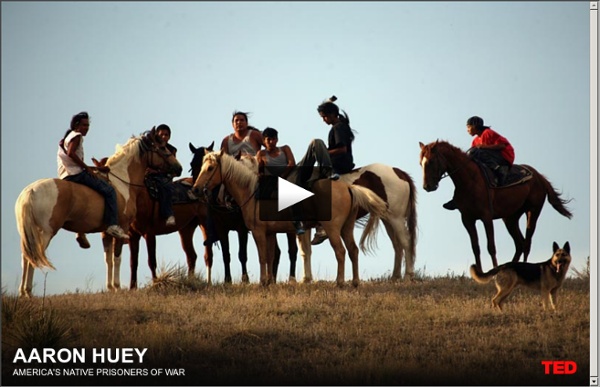



The internal battle of my intrinsic values: « RedFireHorizon I am 100% against the Chieftain Metals road and against development happening in the Taku Watershed. I am 100% for protecting my ancestral homelands and there needs to be a balance between the economy and the environment, something that neither the Conservatives nor the NDP fully understand. I hate to turn anyone off from this argument, and I don’t want to make this into a political debate because the issue I am about to discuss is larger than party politics, but everyone knows that I am a Liberal. So I am going to begin with this as my opening statement instead of the closing. When it comes to development; we have a choice, and based on our own intrinsic set of values, we make a choice. People deserve honest answers and direct conversations instead of convoluted half-truths and misinformation to scheme and plot against the public. I find it is a constant internal battle living in two worlds: That of modern day society and that of my ancestral knowledge. My hometown is Atlin. Like this:
Kantza: Deep in the Amazon a Story is Waiting to be Told by Tawasap and Amazon Voice Kantza is a film project envisioned and produced by members of the Shuar nation, indigenous caretakers of the Ecuadorian Amazon. Through collaboration with professional video and audio technicians the tribe intends to share the beauty of their culture as well as the struggle to preserve their homelands. Furthermore, the skills gained by making their own movie will offer on-going opportunities to document culture, share wisdom and engage the global community in ways that support social and environmental justice. Kantza will explore the interface between traditional Shuar culture and the possibilities and challenges of today’s modern world. Rather than sending scholars, explorers, and university ‘experts’ to study and report about indigenous cultures, the Amazon people ask instead for help in obtaining the tools that will allow them to share their world personally and truthfully, in their own words, through their own creations. When a tree falls, the world will finally hear.
Musqueam Blockade Remains as Negotiations Continue This post has been reviewed by the Vancouver Media Co-op editorial committee. STORY about IndigenousDirect Action posted on May 15, 2012 by Zig Zag by Zig Zag Musqueam drummers outside fence of construction site. Banner and picketer at construction site. Arthur Laing bridge on ramp overlooks blockade. Musqueam flag. Hannding out flyers to drivers. Poster regarding the struggle. Altered construction signs reflecting the purpose of blockade. Also posted by Zig Zag: The Musqueam band's blockade of a condo construction site continues in the Marpole district of south Vancouver, as negotiations with the provincial government over a proposed land swap drag on. It's a busy area, with heavy traffic rumbling through and onto the on ramp for the Arthur Laing Bridge, heading south out of Vancouver and into Richmond. The sounds of heavy car and air traffic are soothed by the sounds of Musqueam drummers, singing songs throughout the day. For more info: Cecilia Point: 604-760-3595 Twitter: @cusnaum
Aglukkaq says Aboriginal people “hunt everyday” rejects United Nations Rapporteur as “ill-informed and patronizing academic” APTN National NewsOTTAWA–Indigenous people in Canada don’t face food security issues because “they hunt every day,” said Health Minister Leona Aglukkaq in the House of Commons Wednesday as she fended off opposition attacks fueled by the findings of the UN special rapporteur on food issues. Olivier De Schutter, UN special rapporteur on the right to food, said in a press conference earlier in the day that he was “struck” by the “desperate situation” Indigenous people faced in the country. De Schutter was in Canada for nearly two weeks to investigate food issues in the country. While he visited some First Nations communities, he did not make it up to Canada’s more remote communities where the cost of healthy foods remains a constant concern. Aglukkaq, however, dismissed the rapporteur’s findings, saying he was nothing more than an “ill-informed academic.” The traditional food supply in Nunavut, however, is under extreme pressure.
Canada: The Ktunaxa - Living the Language Can the internet save a language? For the Ktunaxa nation, an indigenous people inhabiting parts of north-western America, the answer may just be 'yes'. The Ktunaxa language is related to no other on earth and only a handful of people speak it fluently. The challenge is not only to record endless hours of material but how to make it available to those wishing to learn the language. "We're just going to be losing a lot of who we are as the Ktunaxa nation, the Ktunaxa people, once those elders have passed on," Philips says. With the help of a high speed fibre network owned by the community, the material is accessible to everyone - wherever they are. Perhaps the 2,000 people-strong Ktunaxa nation will succeed in reversing the process that has silenced many languages in north-western America, an especially distressing hot spot of language extinction.